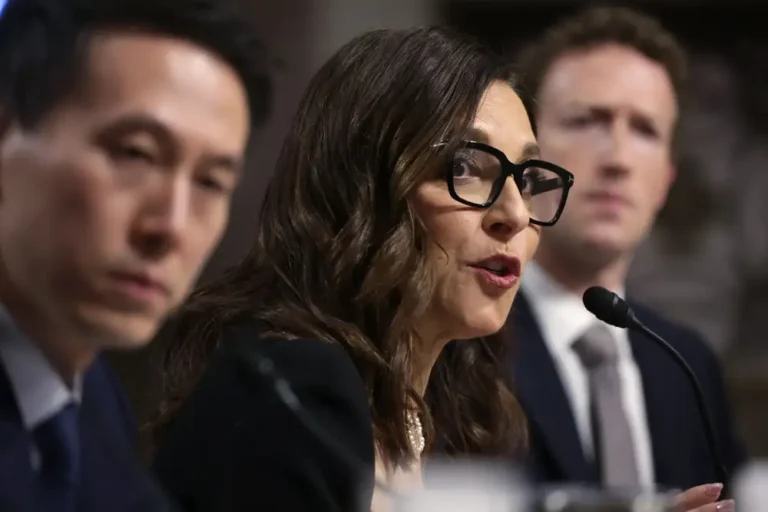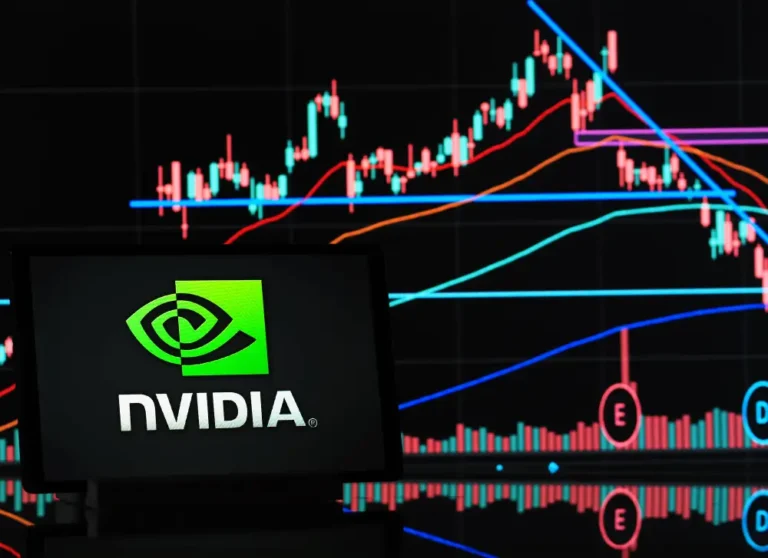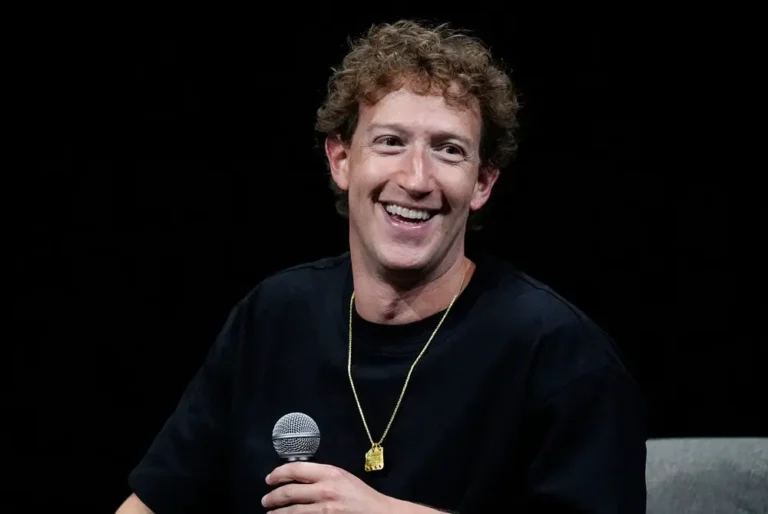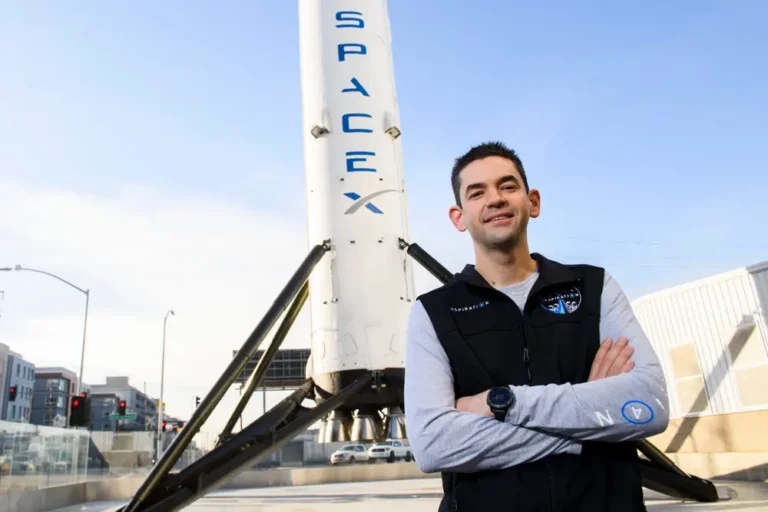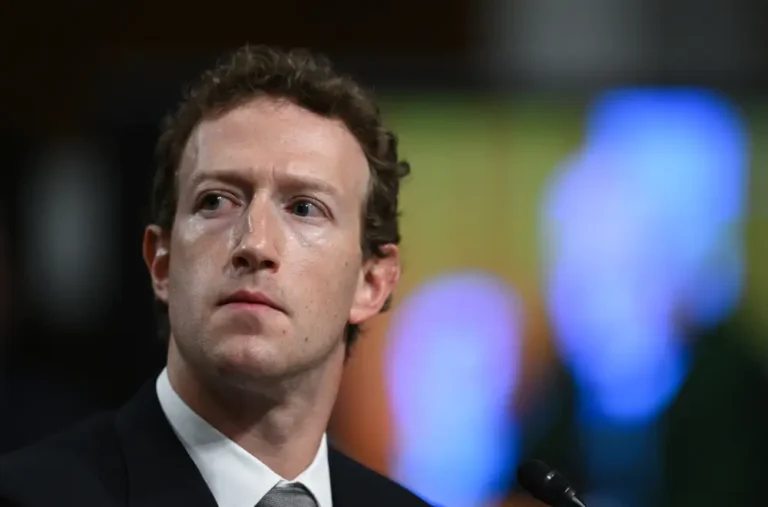Tech tycoon Mike Lynch among the dead in superyacht wreck off the Italian coast

Tech tycoon Mike Lynch among the dead in superyacht wreck off the Italian coast
The British billionaire and tech tycoon Mike Lynch was named among the dead in the sinking of the superyacht he was vacationing on near Sicily.
His was among the bodies taken from the yacht, numerous news outlets reported Thursday morning.
Reuters, Sky News, the Financial Times, and the Italian press agencies ANSA and AGI were among them.
The 183-foot ship Bayesian was carrying 22 total passengers and crew, most of whom survived.
Among the missing were Lynch and his daughter; the Clifford Chance lawyer Chris Morvillo and his wife, Neda; and Morgan Stanley International’s chair, Jonathan Bloomer, and his wife, Judy.
Divers had pulled five bodies from the wreck as of early Thursday, the BBC reported. It said a sixth was inside the ship.
Fifteen people were rescued, including Lynch’s wife, Angela Bacares.
Lynch’s 18-year-old daughter, Hannah, was unaccounted for, Sky News reported.

Italian firefighters at the dive site near where the ship sank as they search for victims.
Italian authorities are investigating the cause of the sinking.
Lynch’s family was yet to release a public statement as of Thursday. Brent Hoberman, a British entrepreneur and friend of Lynch’s, told Sky News that his death was “unbelievably tragic.”
“We were all hoping for a miracle — we knew it was unlikely, but you still hold out hope,” Hoberman said.
He called Lynch an “inspiring figure” in the tech community and said he should be remembered for his accomplishments.
Lynch, 59, was a former UK government advisor who founded the British software company Autonomy in 1996. By 2011, the company was so successful that Hewlett-Packard agreed to buy it for $11 billion.
But in 2012, HP alleged that $5 billion of that acquisition was due to “accounting irregularities” that caused HP to dramatically overpay.
A decadelong legal battle culminated last year when Lynch was extradited to the US on charges that he had committed fraud by falsely inflating the value of his company.
In June this year, a San Francisco jury acquitted Lynch, who had maintained his innocence from the beginning.

Lynch walking into federal court in San Francisco in March.
“It’s just so unbelievably tragic for him to go through what he went through over the last 12 years, defending his name and not really living a full life, to now for his death to be confirmed is obviously incredibly sad,” Hoberman told Sky News.
Danny Fortson, a journalist at The Sunday Times, was the first person to interview Lynch after his acquittal for a story published in late July.
Fortson told B-17 that Lynch was excited for a chance at a second life after spending more than a decade caught up worrying about whether he’d go to prison.
“He struck me as somebody who was really reeling from his situation,” Fortson said. “I think he was a little bit still in shock because he had been under this cloud for so long, and the consequences were so grave if he lost. I think he was really at a little bit at a loss of trying to figure out what to do with himself, how to feel, struggling with his emotions.”
Fortson added: “I think his first order of business was to do nothing, to try to make up for lost time. And I think that’s what this boat trip was about, very sadly.”
On Saturday — two days before the shipwreck — Lynch’s codefendant in the US fraud cause, Stephen Chamberlain, was hit by a car while jogging and killed.
“It’s almost like a Greek tragedy, what has happened to him and Chamberlain in the past few days,” Richard Holway MBE, an IT analyst and friend of Lynch, told B-17.
Holway also reflected on Lynch’s legacy as a boss and entrepreneur.
“Even though people say that perhaps he was a hard person to work for, I think people actually liked somebody who can be tough and hard and make sure that things get done. And I think he was one of those people,” Holway said, adding that Lynch liked loyalty and always repaid it.
Another friend of Lynch, Common Current CEO Warren Karlenzig who knew Lynch in the ’90s, told B-17 that Lynch enjoyed coming over from England and hanging out at Karlenzig’s offices.
“He would like to just shoot the breeze about Bayesian logic, which Autonomy was based off of, and Thomas Bayes,” Karlenzig said, adding that Bayes, who was Lynch’s hero, also died at age 59.
“I saw the HP buyout and all the controversy with that, and I was questioning, ‘Is that the same person?’ because he looked so different from the superenergetic, alternative-looking guy with longer hair and a goatee,” Karlenzig said of Lynch.
He added that people in Silicon Valley “are shocked that this tragedy happened and that such wealth could not buy security.”
In the weeks following his acquittal, Lynch told Fortson that he had grown more spiritual and was considering what he called “Saint Peter questions” about heaven and hell and what it all means.
“I’d had to say goodbye to everything and everyone because I didn’t know if I’d ever be coming back,” Lynch told Fortson for The Sunday Times. “If this had gone the wrong way, it would have been the end of life as I have known it in any sense.”

